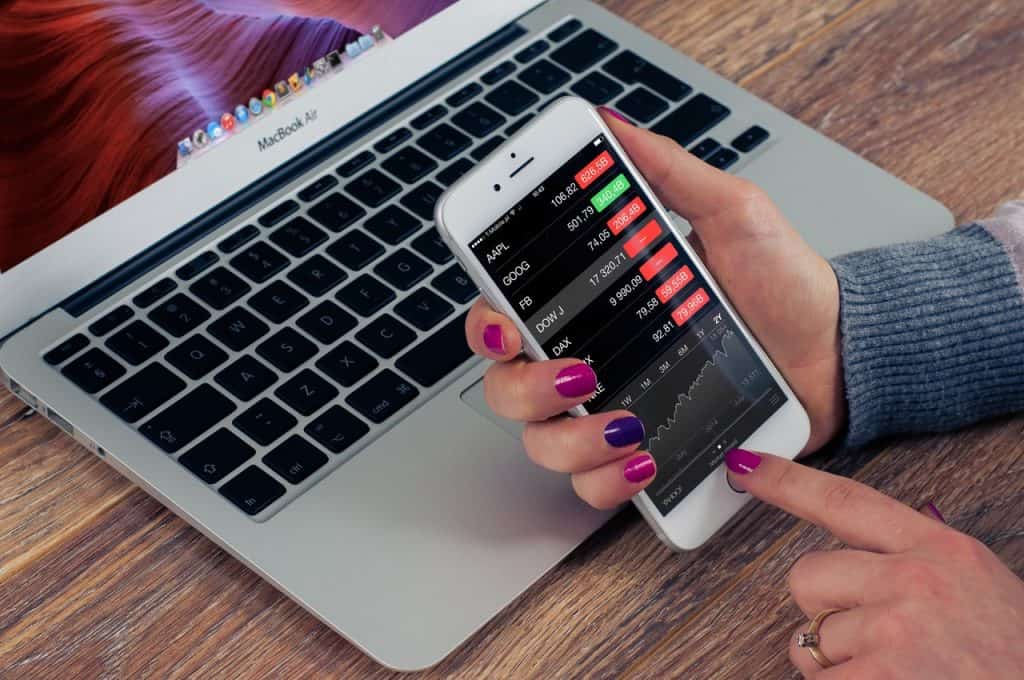
The common belief that we are now living in an internet based world is only partially true. It’s been a couple of years since mobile devices overtook desktop as a means of getting online. But take a step back and think for a moment – does that really mean we are sitting staring at our mobile browsers and pulling up websites on our smartphones every day?
For sure, we do this to a certain extent, but the vast majority of our smartphone usage is via apps, a pattern that some commentators saw emerging as long ago as 2014. From news to social media to games, there is an app for just about anything you can think of. Any app containing personal data needs to have top-notch security. But nowhere is this more important than in the apps we use to manage our finances.
A growing assortment of financial apps
Most of us use an app to manage our day to day banking. But the number of financial apps we use regularly does not stop there. From cryptocurrency wallets to payment platforms to the platforms for accessing the stock market, security stocks and the like, we are installing more apps that have access to our financial information than ever before.
And a trusting public
The ubiquity of financial apps can easily lead to a relaxation in our attitudes. It’s human nature to assume that if large amounts of people are taking a particular course of action on a day to day basis, it must be OK.
Particularly if the user is ensuring that the apps are certified as secure and use up to date encryption methods. That’s well and good – and is certainly an important thing to check. But the real risk can lie closer to home.
The real question is how secure your smartphone itself is. In many cases, your account information is stored in a central location on the device. It means it is easy for you to lay your hands on it if you forget your password, but it is also a hacker’s dream.
Online security expert James Lyne discussed the challenges of smartphone technology with Veteran United. He described a “new wave” of cybercriminals who target personal data at source, rather than seeking to compromise well-guarded financial institutions.
He said that users automatically assume their devices are secure, when in fact, cyber criminals are only beginning to focus their attention on mobile security at the consumer end.
An unusual solution
Lyne went on to say that the hackers themselves might form the best defence in this new type of cyber crime. There is an old adage that the best person to advise on security in a bank is a seasoned bank robber.
On a similar theme, there are a growing number of white hat hackers who intentionally set out to breach online security in order to seal gaps and repair flaws. There are even college courses that would-be “ethical hackers” can take.
The more research of this nature that takes place, the more secure our apps will be. But just like any other form of security, staying ahead of the criminals is always going to be a moving target, and relies on common sense.
It is pointless to invest in a cutting edge security system for your home and then to leave the door wide open when you go to the shops. The same applies with using basic good sense in keeping your smartphone secure and safe.
